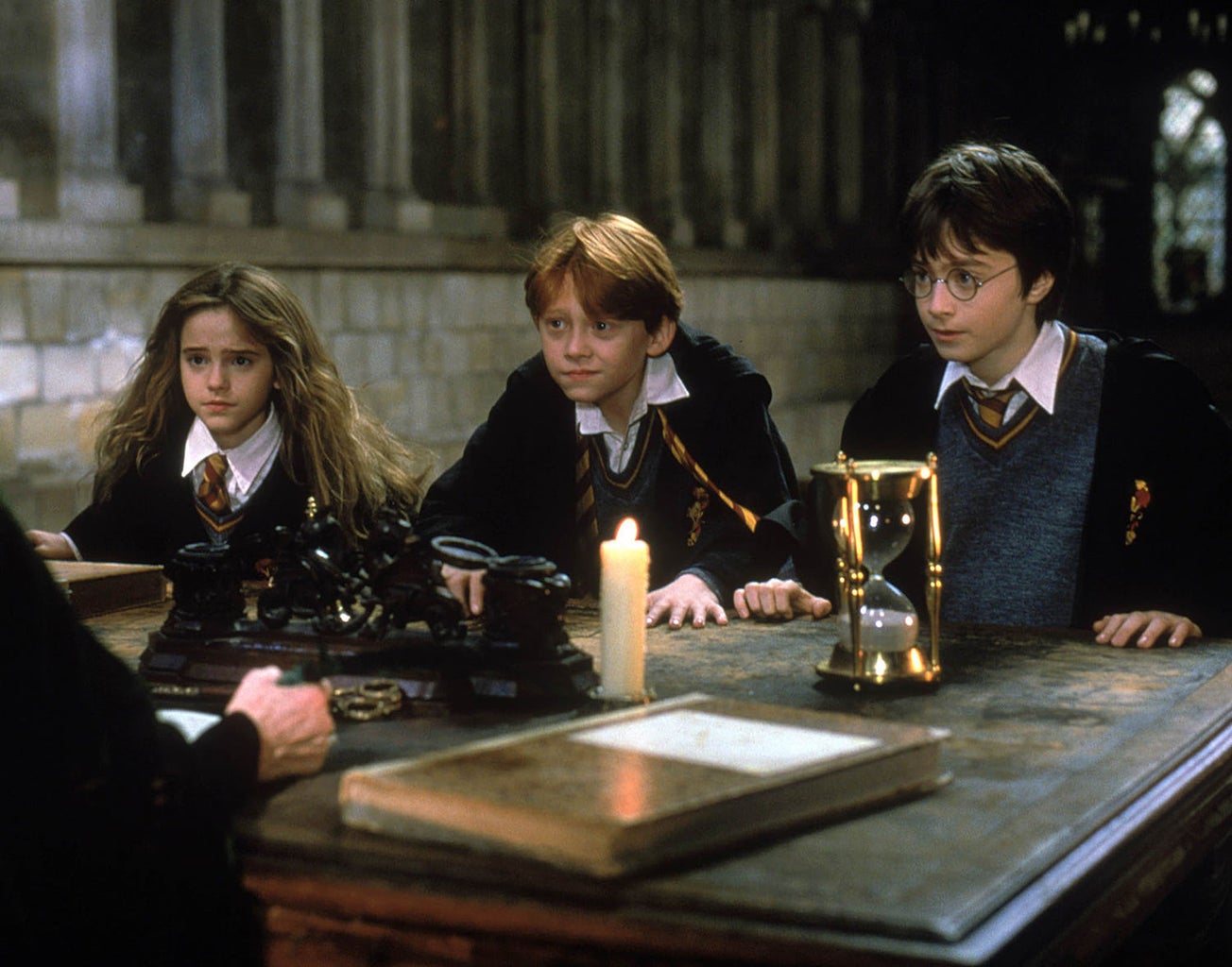There has been an ongoing debate for years about whether cancel culture is actually impactful. What exactly is cancel culture, though? Cancel culture is a social phenomenon in which the public boycotts support for people and organizations given socially unacceptable actions or statements.
A lot of people believe that cancel culture is effective because it holds public figures, companies, and institutions accountable for harmful actions, statements, or policies. Not only that but companies or individuals might become more conscious of the impact of their actions and avoid behaviors deemed socially unacceptable. This can contribute to a broader societal change toward more ethical norms. On the other hand, many people believe cancel culture is ineffective, as oftentimes individuals are judged and punished by public opinion before a thorough investigation or fair process. Also, many individuals stress the fact that cancel culture contradicts the idea of freedom of speech.
Let’s look at some examples to see how cancel culture impacts individual’s careers and reputations.
Harvey weinstein:
Harvey Weinstein was a well known film producer, known for The Lord of the Rings: The Fellowship of the Ring (2001) and Scream (1996). In 2017, numerous women came forward with allegations of sexual assault, the public backlash was immense, leading to Weinstein’s career downfall and criminal charges. He was ultimately convicted of rape and sexual assault, symbolizing the strength of the #MeToo movement, which demanded accountability for powerful figures who abused their positions. His case shows how cancel culture can have far-reaching consequences when combined with legal action to bring justice.
J. K. Rowling:
J. K. Rowling, author of the Harry Potter series, faced significant backlash for her comments on gender identity and transgender rights. Many fans and members of the LGBTQ+ community accused her of being transphobic, leading to calls to boycott her books and other works. While Rowling continues to defend her views, she has lost support from parts of the fan base, and some actors from the Harry Potter franchise publicly distanced themselves from her comments.
Kevin hart:
In 2018, Kevin Hart, well known standup comedian and actor, was slated to host the Oscars but stepped down after past homophobic tweets resurfaced. The public outcry led to his withdrawal from the hosting gig, and he issued multiple apologies. Although this incident caused short-term harm to his public image, Hart continued to work in Hollywood and has since recovered his career. He has been open about the experience and the lessons he learned from it. Hart’s career continues to flourish, showing that public figures can recover from cancel culture if they manage the situation well, including offering sincere apologies and demonstrating personal growth.
These three examples show that cancel culture heavily depends on how severe the action or statement is and the time it has been since it happened. Weinstein’s case was extremely severe, and social media played a strong role in cancel culture by bringing this case to light. In J. K. Rowling’s case, her image continues to deteriorate as her statements were recent, and she still stands by them today. However, Kevin Hart as he owned up to his mistakes and came out with multiple apologies (be it real or not), still gets love from the majority of the public for his work.
Cancel culture is a complex and evolving phenomenon that highlights the tension between public accountability and social justice on the one hand, and fairness, free speech, and due process on the other. Its effectiveness and consequences depend on the situation and context, and it continues to spark important debates about how we hold individuals and institutions accountable for their actions in a digital world.
Can’t get enough of HC UMass Amherst? Be sure to follow us on Instagram, listen to us on Spotify, like us on Facebook, and read our latest Tweets!




